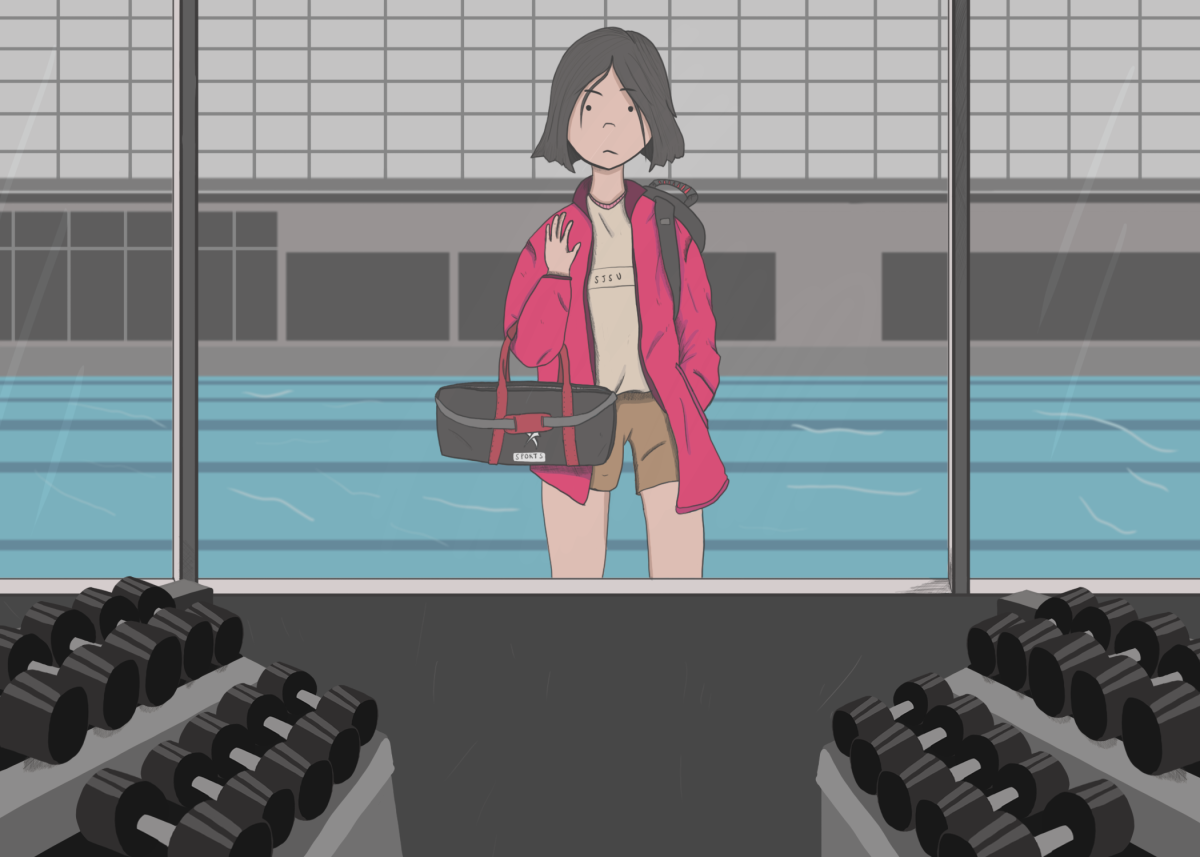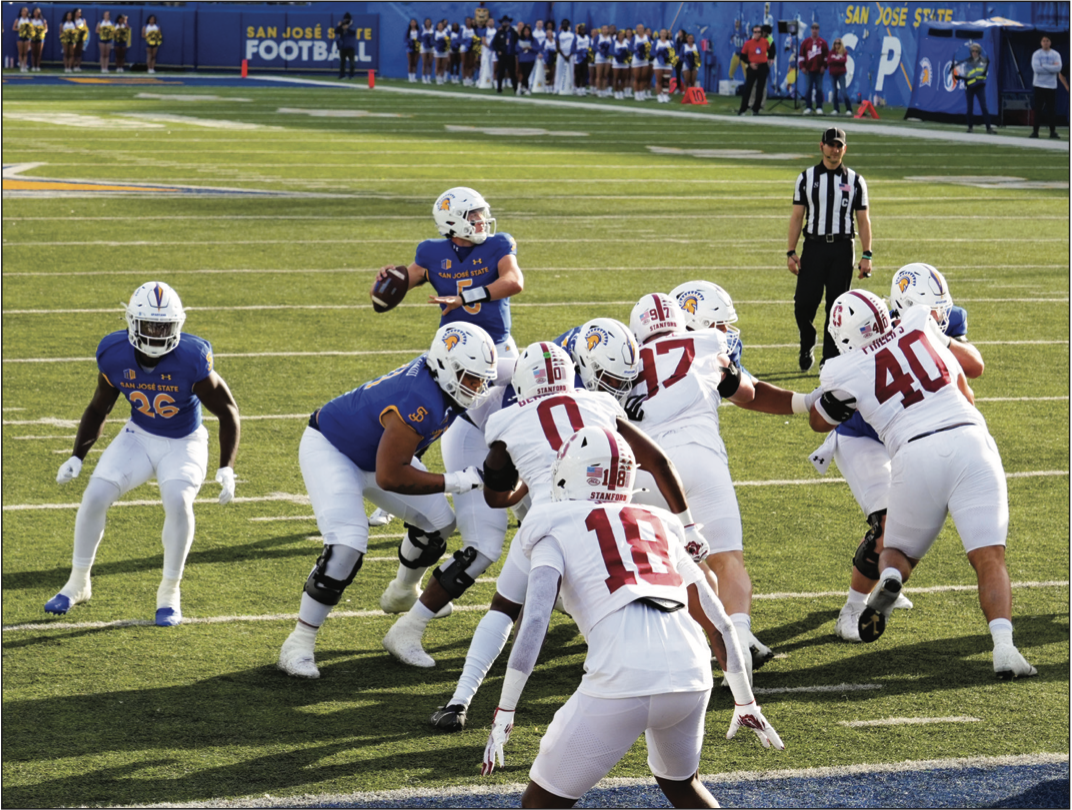As Santa Clara County loosens its coronavirus restrictions, the prospect of the Spartan Recreation and Aquatic Center (SRAC) reopening is a possibility that is up for debate. While some students feel this is a necessity and that it is safe, there’s plenty of evidence to suggest otherwise.
According to a June 10 Healthline article, moist air in gyms creates an environment perfect for contracting the coronavirus as droplets can spread easily from the airflow of people exercising.
The article mentions that people breathe harder when they workout, putting people at greater risk of contracting the virus.
Some local gyms such as Barry’s Bootcamp in Santana Row, which holds instructor-led group fitness sessions, have moved their entire facilities outside, enforced social distancing and required participants to wear face masks for their entire workout.
However, according to WebMD, wearing a face mask can limit the intensity of a person’s workout, meaning people may not be able to exercise to their full ability.
Having workouts outside is also not a sustainable alternative because the weather will quickly make it difficult for people and gym equipment to be outside during fall and winter, which also coincides with flu season.
COVID-19 can also survive on hard surfaces and be transmitted when someone touches the same surfaces as a person who has the virus. A separate WebMD article also mentions that the virus’s lifespan can depend on the material of the surface.
Materials frequently used at gyms like the SRAC are iron, plastic and rubber.
According to the same WebMD article, COVID-19 can live on metal surfaces for up to five days and on plastic from two to three days. According to a March 30 article by The Hindustan Times, the virus can survive on rubber for more than five days.
Gyms were already unsanitary before the pandemic, so there is no reason to believe a few extra precautions will keep everyone safe, especially when people were already lax about cleaning equipment after using it before the pandemic.
The people behind Fit Rated, a website reviewing fitness equipment, conducted a study at three different gyms that are parts of national chains. They swabbed treadmills, exercise bikes and free weights.
The study found that free weights can have up to 362 times more bacteria than a toilet seat, treadmills can have up to 74 times more bacteria than a water faucet and exercise bikes can have up to 39 times more bacteria than a plastic reusable cafeteria tray.
Reopening gyms like the SRAC could highlight people’s bad sanitary habits.
A December 2019 Healthline article revealed that in a study of 1,000 gym participants, more than half said they saw bathroom users not wash their hands. The study also showed that roughly 38% of participants don’t wipe down equipment in the afternoon and about 21% don’t wipe down equipment in the evening.
While students are eager to get back into their normal workout routines in the SRAC, it is in the best interest of everyone at SJSU to remain at home and for the SRAC to
remain closed.










































